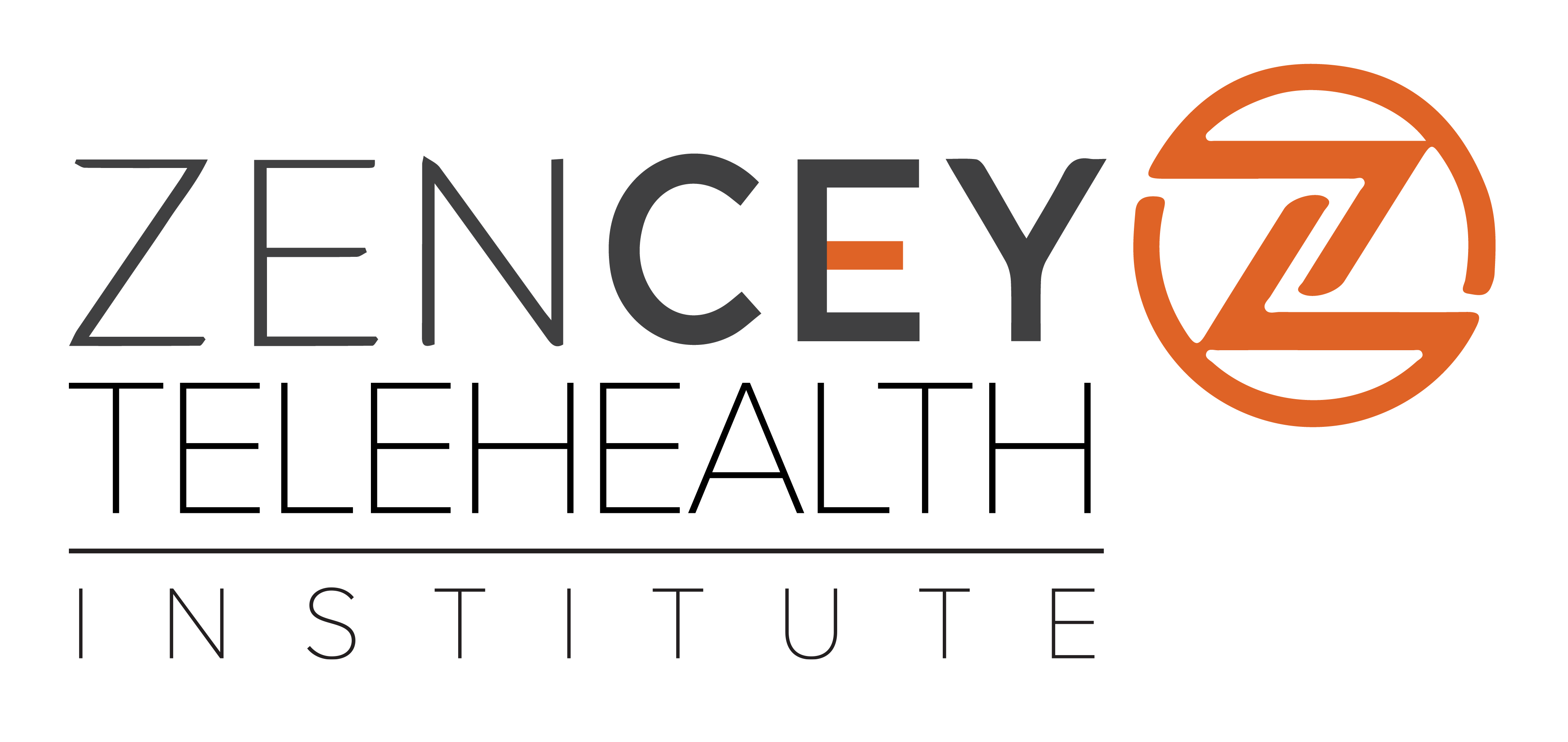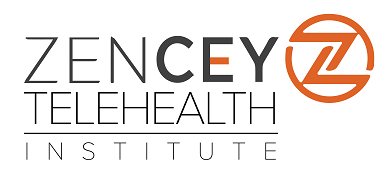
Advanced Medical Specialty
Access to medical facilities and providers often leaves gaps in quality healthcare, particularly for certain populations and specialties. Also, constant changes in models of accessibility of care have marked a revolution on how healthcare is delivered. This course will present the opportunities and challenges of e-health and telehealth services to close these gaps. Special emphasis on how communication, innovative technology, safety, and efficiency are addressed through telehealth will be considered. Specifically, the present course provides physicians in training with an examination of the use of telehealth processes to transform the provision of healthcare. Through the context of professionalism and changing models of care, trainees will explore clinical, research and educational initiatives currently underway across the United States. Learners will explore the history and status of telehealth activities; engage with live telehealth active learning experiences; understand the use of telehealth to improve healthcare access and population health; explore how team-based and academic/community partnerships can be used to advance care, and embrace the changing models of care resulting from advancing telehealth technologies as it pertains to various specialties and patient populations.
WHO SHOULD ENROLL
International Medical Students
Physicians & Surgeons
HOW IT WORKS

COURSE LENGTH
4 WEEKS

DURATION
20 HOURS

CLASS SIZE
UNDER 10 STUDENTS

EFFORT
5 HOURS PER WEEK

FORMAT
100% ONLINE

MODEL
FACULTY- LED
MEDICAL SPECIALTY EDUCATION
Telehealth courses and programs available in several medical specialties
FAMILY MEDICINE
Increase continuity of care, offer counseling services, review screenings and lab results, and manage medications
OB/GYN
Manage medications, provide postoperative care, discuss lab results and observe treatment plans
DERMATOLOGY
Perform routine skin assessments and triage services
CARDIOLOGY
Manage treatment plans for patients with congenital heart defects and cardiovascular diseases that require ongoing care
UROLOGY
Manage ongoing treatment of chronic urinary tract disorders in males and females in addition to complications involving the male reproductive organs
INFECTIOUS DISEASE
Monitor symptom progression and quickly adjust levels of antibiotics, antivirals, anti-fungals, and other treatments in response to unforeseen side effects
HEMATOLOGY/ONCOLOGY
Adjust medications and treatment plans for patients suffering from sickle cell disease, leukemias, lymphomas, cancers, and iron deficiencies
NEUROLOGY
Provide medicine management, lifestyle counseling and review lab/imaging results
GASTROENTEROLOGY
Treat chronic conditions such as chronic hepatitis C virus (HCV), ulcerative colitis, inflammatory bowel disease (IBD), and irritable bowel syndrome (IBS)
ENDOCRINOLOGY
Manage patients with chronic conditions like diabetes and thyroid disease, and adjust various hormone and hypertension treatments
NEPHROLOGY
Manage chronic care patients to slow the progression of kidney disease, avoid dialysis and/or transplantations, and create catered care plans for patients receiving kidney replacement therapy
PULMONARY
Provide ongoing treatment of patients with COPD, asthma, bronchitis, and patients requiring mechanical ventilation.
COURSE TAKE-AWAYS
✓ How to do a telemedical consultation for a medical specialty
✓ Apply telehealth skills in a clinical setting, including but not necessarily limited to remote monitoring of chronic disease
✓ Engage in an interprofessional team consult
✓ Engage in telehealth consults



















